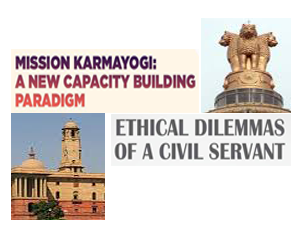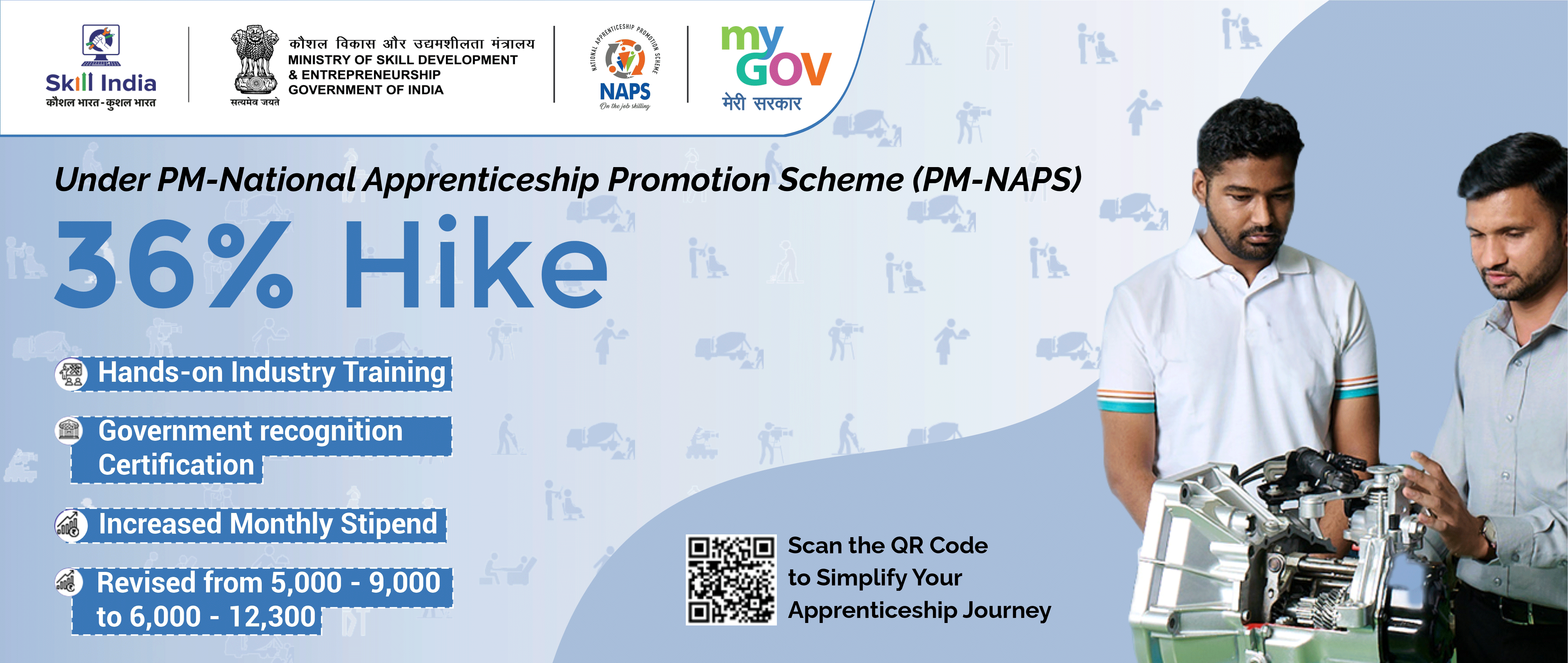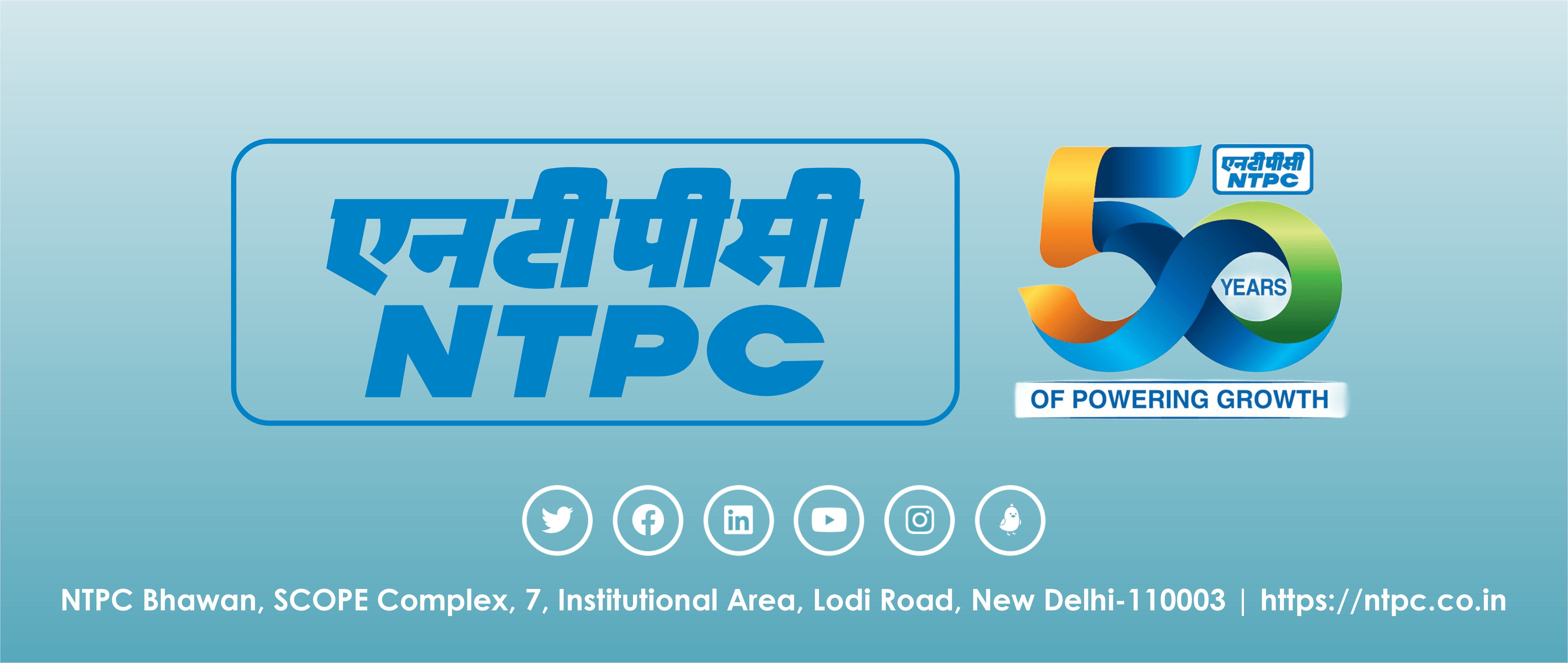TO RECIEVE EXCLUSIVE POSTS AND NEWS
"Devatva Chahiye, Kintu Iss Aag Ko Dhardu Kahan Main": Ramdhari Singh 'Dinkar' in Urvashi. According to an old adage, it is better not to do anything. Wise man that he was, late PM P V Narasimha Rao once said that not taking a decision is also part of the decision-making process. This makes one wonder about the latest "grand and innovative idea". Clarity is the prime and devastating casualty of the newly-announced Karmyogi mission. The secondary one is the obfuscation of political and bureaucratic responsibility for simplifying, and thus boosting, the efficiency of government institutions - whether it be in matters of economic management or providing administrative support to the common man. Officers are at a loss to figure out the meaning and implications of the mission. For instance, it's not at all clear what the Mission document means where it states that it would support the transition from ‘rules-based’ to ‘roles-based’ HR Management. Does it mean that the rule-based HR management practice, despite the introduction of such 'revolutionary' ideas as 360-degree assessment, restructuring and merger of certain services like in the case of the Railways, changes to empanelment procedures for several senior positions, and lateral entry, have failed to engineer the selection of the right person for the right role? Further, the Mission statement burdens the PM to lead an HR council to approve and monitor all plans to be formulated for the capacity building of civil services. Is it the case of Mission formulators that the PM be tied up with yet another scheme as if he doesn't have already too many things to cope with - like dealing with the imperialist Chinese Communist Party, managing obstinate and opportunist political opponents inside the country, and managing issues impacting social and national cohesiveness. The fundamental problem with the Mission statement is that it sets its eyes on achieving too many things at the same time. Take, for instance, its idea to institute a Capacity Building Commission to harmonize training standards, create shared faculty and resources, and have a supervisory role over all Central Training Institutions. It has not been clarified what may happen to the well-established Department of Personnel, which is supposed to do all those things which are proposed to be assigned to the new Commission. And what is the guarantee that this commission, like several others, wouldn't become a parking lot for retired officers as a reward of their 'good work'. Another example of a bad idea is to create an SPV to "own and operate the online learning platform and facilitate world-class learning content market-place" Can't this job be done more efficiently, less bureaucratically, and less tax money by one of our so many bright and world-class IT companies? The official release mentions that the National Programme for Civil Services Capacity Building (NPCSCB) was designed to assign the ‘right person’ to the ‘right role’. Implicit in this statement is a confession of helplessness, if not an absolute failure, of the administration to fix the system through fixtures like 360-degree assessment, changes to empanelment rules, etc. One can see that the thought process behind Mission Karmyogi is the same that seeks to treat a disease called administrative inefficiency through medications based on the wrong diagnosis. What is the right diagnosis? The fundamental problem lies with the rules of the transaction of business of the GOI and the state governments as well. Too many limitations imposed thereunder upon undoubtedly bright and talented officers with degrees in engineering, computer science and technology, medicine, business management, social sciences, history and geography have ensured that their ability is left totally unharnessed to national causes. No country in the world, for instance, has as many as about 5,000 regulations to start and run a business. Kindly read about this in https://superr.in/economy/i-tried-starting-manufacturing-unit-in-india/ The implementation of these rules and regulations make our bright and sincere civil servants duds. And no amount of cosmetic changes, like NPCSCB, may change the objective conditions that continue to restrain them from transforming government work culture and ethics. It's not that the government isn't capable of changing its rules of business transactions. See, how faced with the Chinese threat, it overnight changed the business rules for the acquisition of military hardware where the process stretches for decades. Since we aren't really having a picnic in this Chinese bio-manufactured virus time, the government may help its cause by simplifying its rules of the transaction for global and domestic businesses wanting to set up manufacturing units anywhere in the country. This, in itself and by itself, unleash the trapped ability of our senior officers in most of the departments and free them from the stupid and outdated rules and regulations to deliver the national objectives. (By M K Shukla & Rakesh Ranjan)
Readers' Choice
R K Sharma is the new Rajasthan DGP 30 Jun 2025
Centre swings surprise, Gujarat DGP gets extension in service 30 Jun 2025
Tenure of Chhattisgarh Chief Secretary extended 30 Jun 2025
Rajesh Kumar appointed as Chief Secretary of Maharashtra 30 Jun 2025
Saswata Mishra appointed Principal Secretary to Odisha CM 30 Jun 2025
Mission Karmyogi: Let wisdom prevail
By M K Shukla & Rakesh Ranjan - 2020-09-02 22:30:00

"Devatva Chahiye, Kintu Iss Aag Ko Dhardu Kahan Main": Ramdhari Singh 'Dinkar' in Urvashi.
According to an old adage, it is better not to do anything. Wise man that he was, late PM P V Narasimha Rao once said that not taking a decision is also part of the decision-making process.
This makes one wonder about the latest "grand and innovative idea".
Clarity is the prime and devastating casualty of the newly-announced Karmyogi mission. The secondary one is the obfuscation of political and bureaucratic responsibility for simplifying, and thus boosting, the efficiency of government institutions - whether it be in matters of economic management or providing administrative support to the common man.
Officers are at a loss to figure out the meaning and implications of the mission. For instance, it's not at all clear what the Mission document means where it states that it would support the transition from ‘rules-based’ to ‘roles-based’ HR Management. Does it mean that the rule-based HR management practice, despite the introduction of such 'revolutionary' ideas as 360-degree assessment, restructuring and merger of certain services like in the case of the Railways, changes to empanelment procedures for several senior positions, and lateral entry, have failed to engineer the selection of the right person for the right role?
Further, the Mission statement burdens the PM to lead an HR council to approve and monitor all plans to be formulated for the capacity building of civil services. Is it the case of Mission formulators that the PM be tied up with yet another scheme as if he doesn't have already too many things to cope with - like dealing with the imperialist Chinese Communist Party, managing obstinate and opportunist political opponents inside the country, and managing issues impacting social and national cohesiveness.
The fundamental problem with the Mission statement is that it sets its eyes on achieving too many things at the same time.
Take, for instance, its idea to institute a Capacity Building Commission to harmonize training standards, create shared faculty and resources, and have a supervisory role over all Central Training Institutions. It has not been clarified what may happen to the well-established Department of Personnel, which is supposed to do all those things which are proposed to be assigned to the new Commission. And what is the guarantee that this commission, like several others, wouldn't become a parking lot for retired officers as a reward of their 'good work'.
Another example of a bad idea is to create an SPV to "own and operate the online learning platform and facilitate world-class learning content market-place" Can't this job be done more efficiently, less bureaucratically, and less tax money by one of our so many bright and world-class IT companies?
The official release mentions that the National Programme for Civil Services Capacity Building (NPCSCB) was designed to assign the ‘right person’ to the ‘right role’. Implicit in this statement is a confession of helplessness, if not an absolute failure, of the administration to fix the system through fixtures like 360-degree assessment, changes to empanelment rules, etc.
One can see that the thought process behind Mission Karmyogi is the same that seeks to treat a disease called administrative inefficiency through medications based on the wrong diagnosis.
What is the right diagnosis? The fundamental problem lies with the rules of the transaction of business of the GOI and the state governments as well. Too many limitations imposed thereunder upon undoubtedly bright and talented officers with degrees in engineering, computer science and technology, medicine, business management, social sciences, history and geography have ensured that their ability is left totally unharnessed to national causes.
No country in the world, for instance, has as many as about 5,000 regulations to start and run a business. Kindly read about this in https://superr.in/economy/i-tried-starting-manufacturing-unit-in-india/
The implementation of these rules and regulations make our bright and sincere civil servants duds. And no amount of cosmetic changes, like NPCSCB, may change the objective conditions that continue to restrain them from transforming government work culture and ethics.
It's not that the government isn't capable of changing its rules of business transactions. See, how faced with the Chinese threat, it overnight changed the business rules for the acquisition of military hardware where the process stretches for decades. Since we aren't really having a picnic in this Chinese bio-manufactured virus time, the government may help its cause by simplifying its rules of the transaction for global and domestic businesses wanting to set up manufacturing units anywhere in the country. This, in itself and by itself, unleash the trapped ability of our senior officers in most of the departments and free them from the stupid and outdated rules and regulations to deliver the national objectives.
(By M K Shukla & Rakesh Ranjan)






























